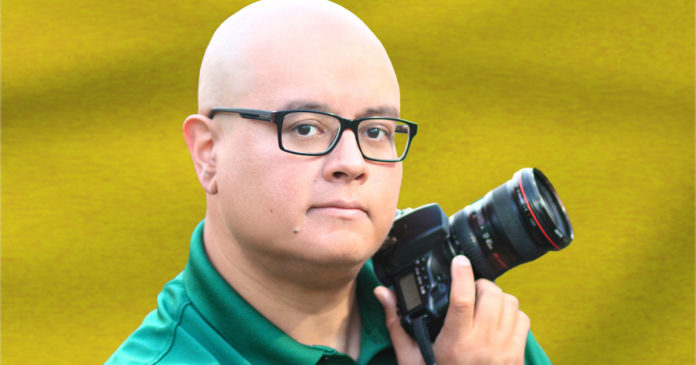America may have a great multitude of blemishes on our record, but our existence stands as a testament that diverse groups united can accomplish greatness. Which is why it’s so strange to watch the developing national news about how we’re coming apart with a flurry of finger-pointing and fiery rage.
This isn’t at all surprising, as I saw hints of this coming when I attended CSU Monterey Bay. Students would be outraged over the smallest things, using larger crimes to justify their indignation. Much the same as how we have people looting and pillaging their own cities and calling for the destruction of civilization because we have bad apples among our law enforcement personnel.
One telling moment I recall clearly was being among a group of students discussing a rash of hate crimes. I suggested spreading information about what to do in the event of a hate crime, such as what numbers to call and how to secure the scene so police could conduct an investigation.
I’ll never forget the dirty looks, the tightened jaws and the clenched fingers of the other students. Then one explained to me we can’t tell the victims to call the police, because the police have a history of mistreating the group in question, and the mere idea of telling them to call law enforcement would trigger past traumas.
It was quite a confusing moment, as I’ve run into quite a few jerk police officers in my time, but I’ve also run into far more beacons of humanity with badges. That, coupled with the fact that the campus police were the law enforcement equivalent of teddy bears, caused me to wonder at the mindset behind thinking someone would be scared to call the campus police if they were the victim of a hate crime.
By making the suggestion I had, I was already piling on to the victimization, according to the conversation group.
Their solution was to not bring in law enforcement and merely continue to build rage over the ongoing crimes. It was the picture perfect example of a victim mentality at work.
America’s virtue is our varied perspectives all contributing to a greater good. We’re losing sight of that.
Today’s generation of progressive thinkers has the tremendous advantage in that they want to fix the world more than any group before them. They’ve managed to get worldwide attention on solving the problem of police brutality. My generation can’t take credit for such a feat.
However, these same young, progressive minds think in an absolutist, fully binary sense. Either you side with their progress, or you are a piece of a greater evil that must be snuffed out with maximum prejudice. They’ll go after people who commit hateful acts, which makes sense. They’ll also go after people who don’t say everything in the exact way they want to hear, even if that person has been one of their strongest allies for years.
J.K. Rowling ring a bell? Cancel culture is a real thing, and legal protection from the crime of viewpoint discrimination is slow to come to fruition.
Those of us from older generations and different political leanings could help make a greater nation by adopting some of these causes brought on by the young progressive generation. At the same time, these energized youth would do well to listen to us Gen-Xers and Boomers and their political opponents and see there are far less destructive and divisive ways to solve issues.
Deleting books, erasing pieces of history and snuffing out careers are things more fitting from the twisted minds of an Orwellian dystopia, not brilliant young American minds.
Part of being on a team means accepting the imperfections of ourselves and our neighbors as we work together for a better future.














